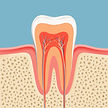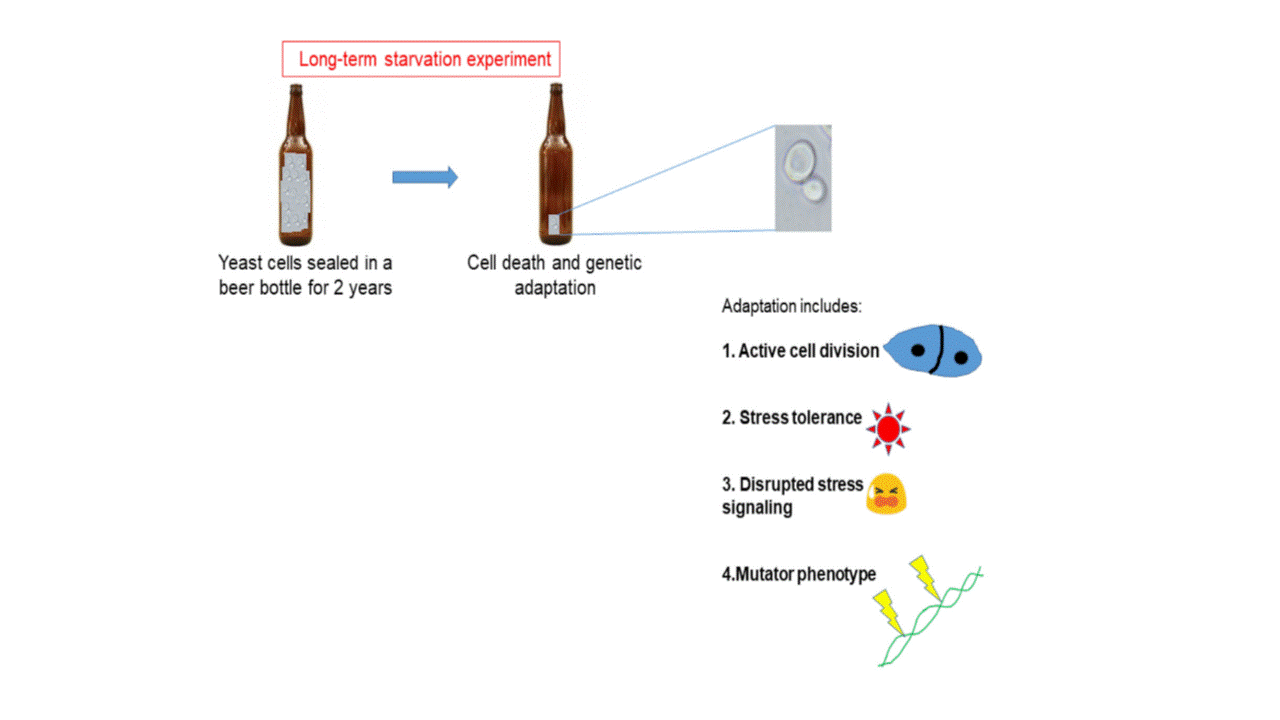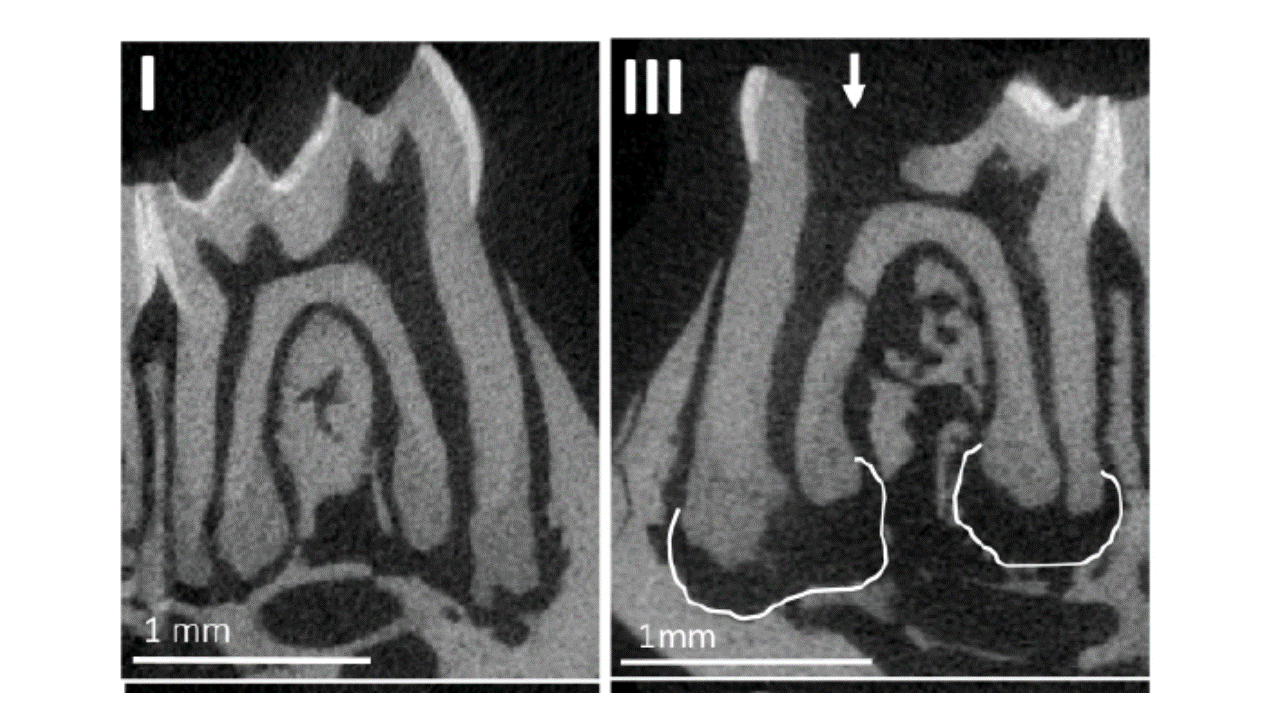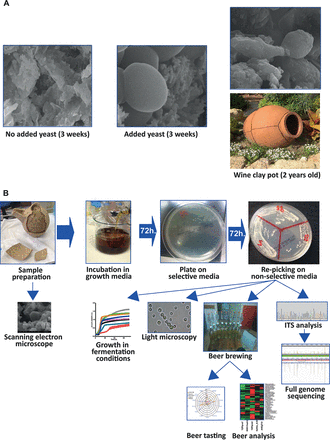top of page
The effect of chronic inflammation on female fertility
Ameho and Klutstein, Reproduction 2025
Epigenetic aging of mammalian gametes
Klutstein and Gonen, Mol Reprod Dev 2023
Oxidative stress-mediated proapoptosis signaling: A novel theory on the mechanism underlying the pathogenesis of burning mouth syndrome
Heiliczer et al., J Am Dent Assoc 2024
Epigenetic aging in oocytes
Wasserzug-Pash and Klutstein, Aging Albany NY 2023
Oocyte Aging: A Multifactorial Phenomenon in A Unique Cell
Kordowitzki et al., Aging Dis 2024
Overexpressed kinetochore genes are used by cancer cells as genome destabilizers and transformation catalysts
Aldwaik et al., Transl Oncol 2023
Pre-pubertal oocytes harbor altered histone modifications and chromatin configuration
Wasserzug-Pash et al., Front Cell Dev Biol 2023
Topical tretinoin treatment for burning mouth syndrome: a pilot study
Haviv et al., Quintessence Int 2022
Times of Israel piece, March 2022
Loss of heterochromatin and retrotransposon silencing as determinants in oocyte aging
Wasserzug-Pash et al., Aging Cell 2022
Endurance of extremely prolonged nutrient prevention across kingdoms of life
Hazan Schoemann and Klutstein, iScience 2021
Age-Dependent in vitro Maturation Efficacy of Human Oocytes - Is There an Optimal Age?
Karavani et al. Front Cell Dev Biol 2021
Since 2013, Björn Schumacher is full professor and director of the Institute for Genome Stability in Ageing and Diseases (IGSAD) at the CECAD Research Centre of the University of Cologne. He received his PhD at the Max Planck Institute for Biochemistry in Munich and conducted his postdoctoral research as EMBO and Marie Curie fellow at the Erasmus Medical Centre in Rotterdam. B.S. was awarded with the Eva Luise Köhler Research Prize, the Innovation Prize of the State of North Rhine-Westphalia, the European Research Council (ERC) starting grant, and coordinated the FP7 Marie Curie initial training network on chronic DNA damage in ageing (CodeAge). Professor Schumacher served as President of the German Society for Ageing Research (DGfA) and is currently Vice President of the German Society for DNA Repair (DGDR), co-Director of the Minerva Center of the Biological Mechanisms of Healthy Ageing at Bar-Ilan University (IL) and serves on several editorial boards. His research interest focuses on the molecular mechanisms through which DNA damage contributes to cancer development and ageing-associated diseases. Employing the C. elegans system and mammalian disease models, his group uncovered cell-autonomous and systemic responses through which the organism adapts to accumulating DNA damage with ageing. Through the understanding of the basic mechanisms of genome instability-driven ageing, Schumacher aims to contribute to the development of future strategies to prevent ageing-associated diseases.
Ynet article on the Nature paper
Centromeres are dismantled by foundational meiotic proteins Spo11 and Rec8
Hou et al. Nature 2021
Cause and effect in epigenetics - where lies the truth, and how can experiments reveal it?: Epigenetic self-reinforcing loops obscure causation in cancer and aging
Klutstein Bioessays 2021
Colon Cancer-Associated Fusobacterium nucleatum May Originate From the Oral Cavity and Reach Colon Tumors via the Circulatory System
Abed et al. Front Cell Infect Microbiol 2020
Please reload
bottom of page











.jpg)












